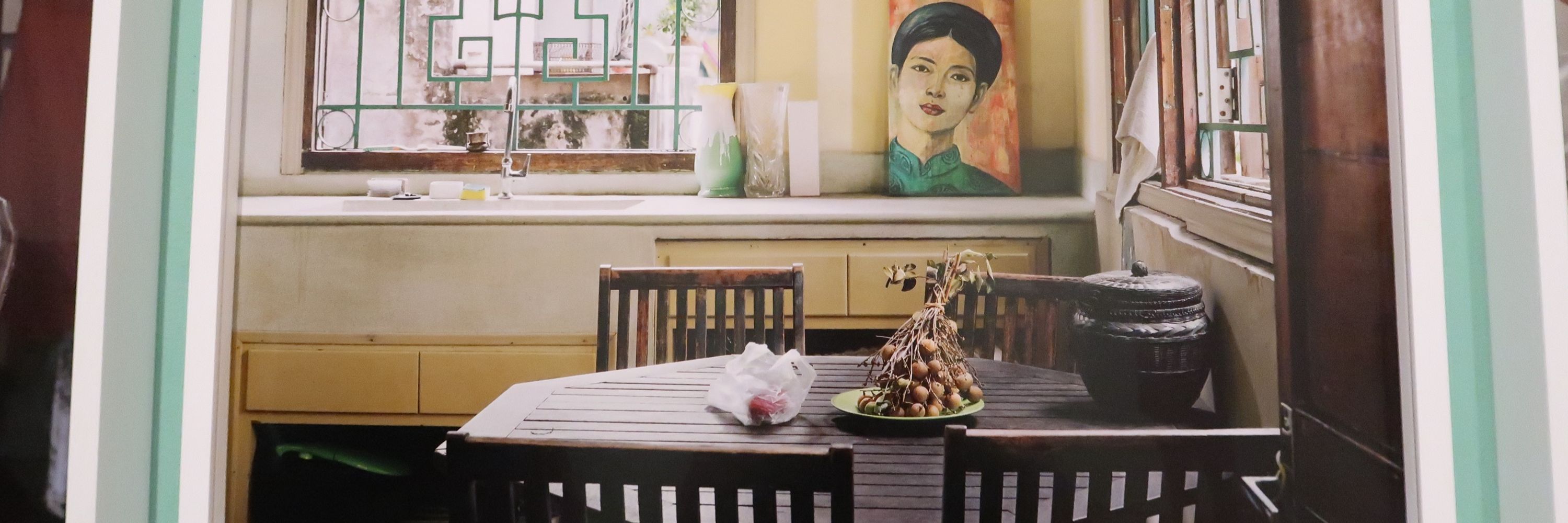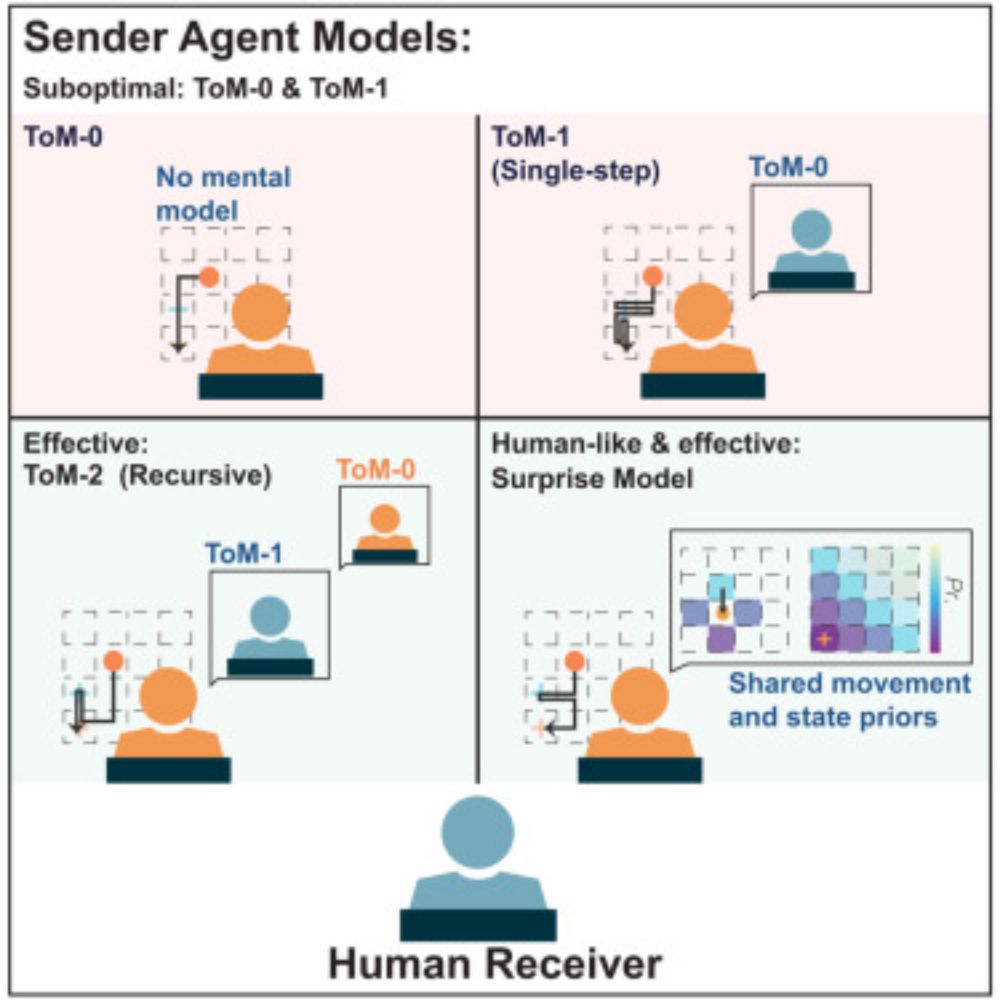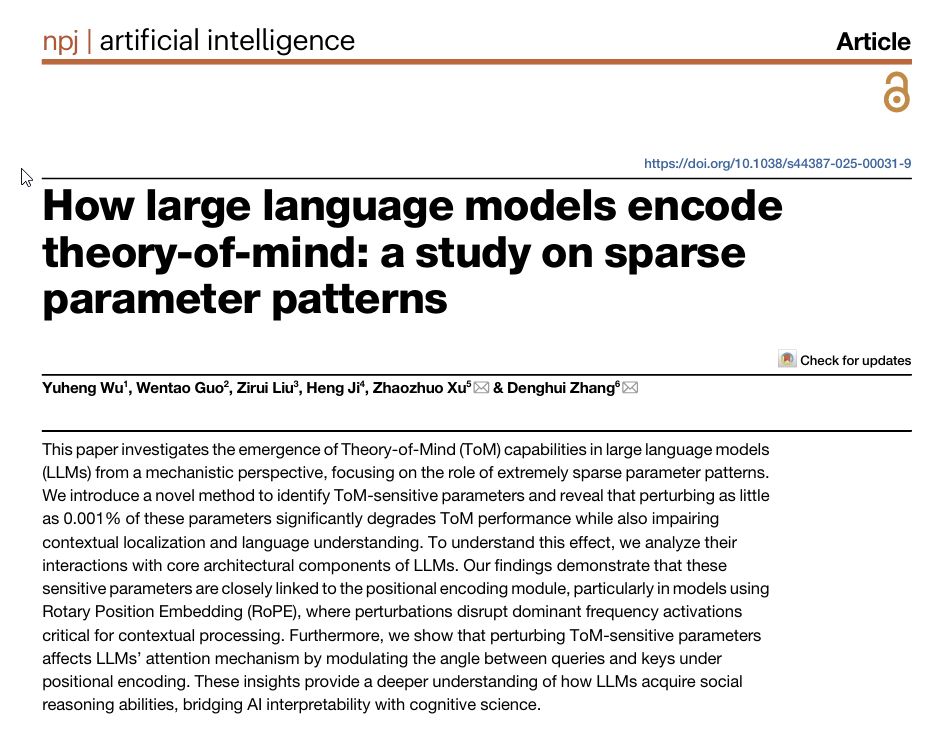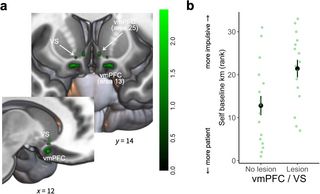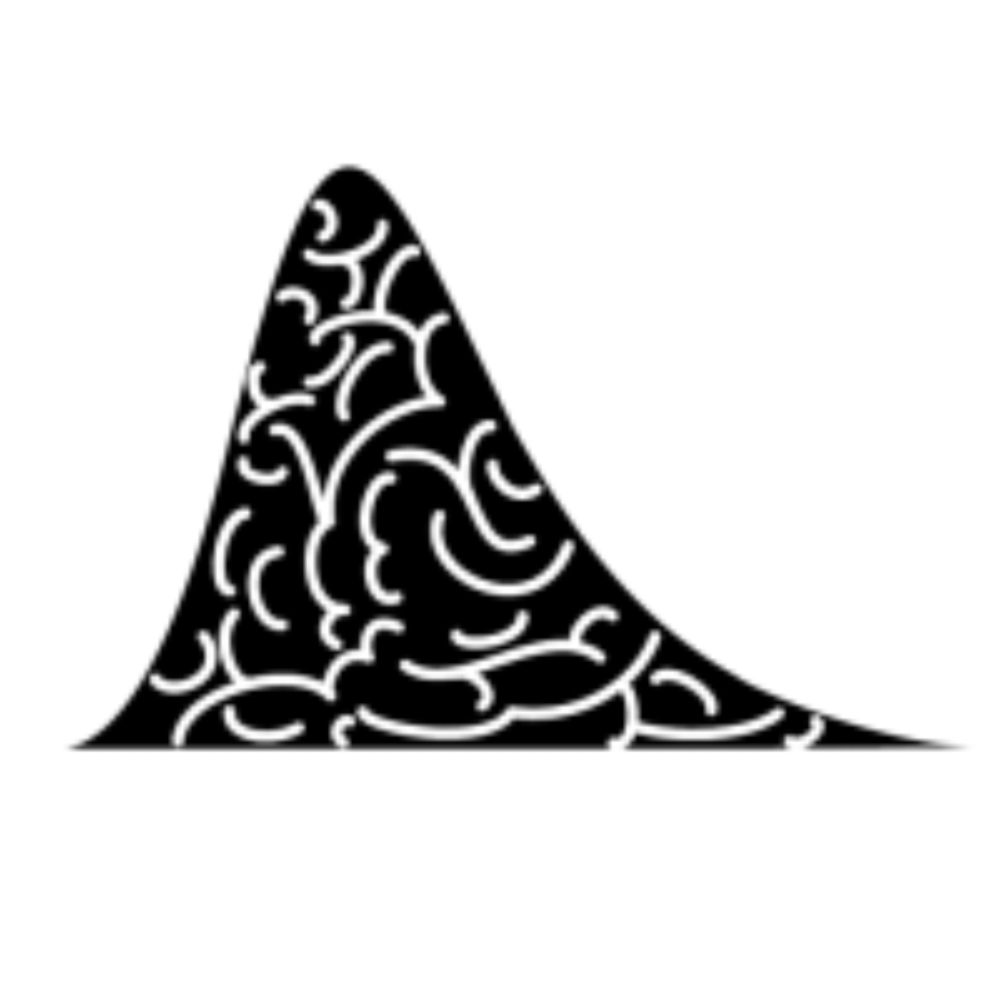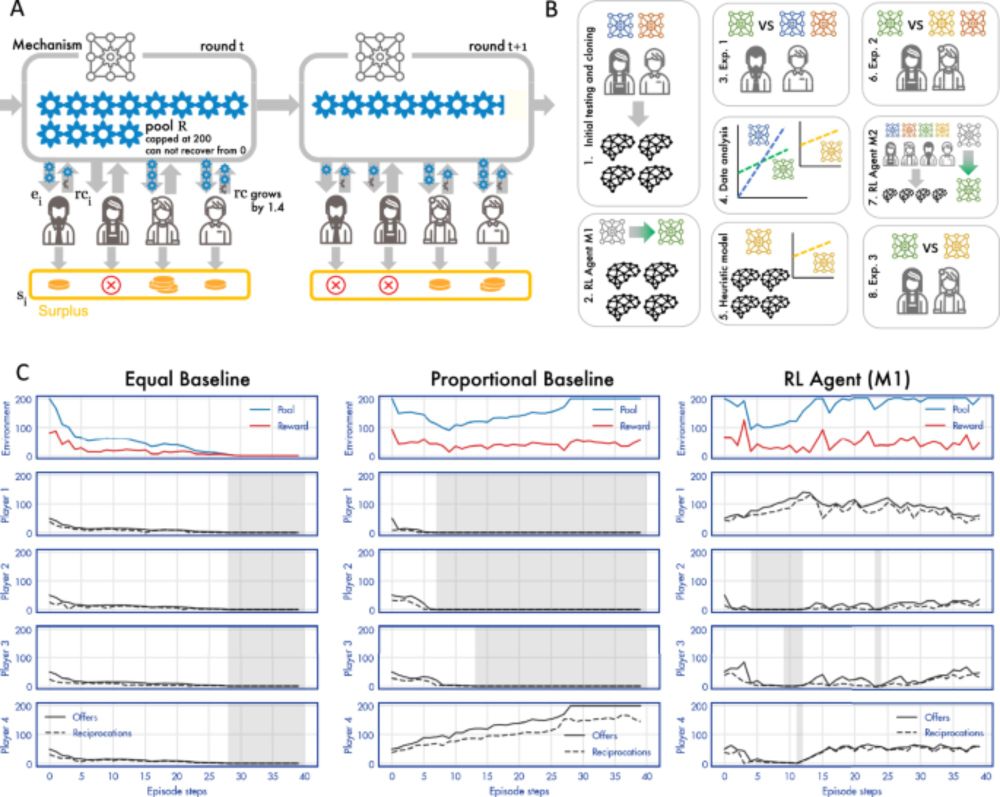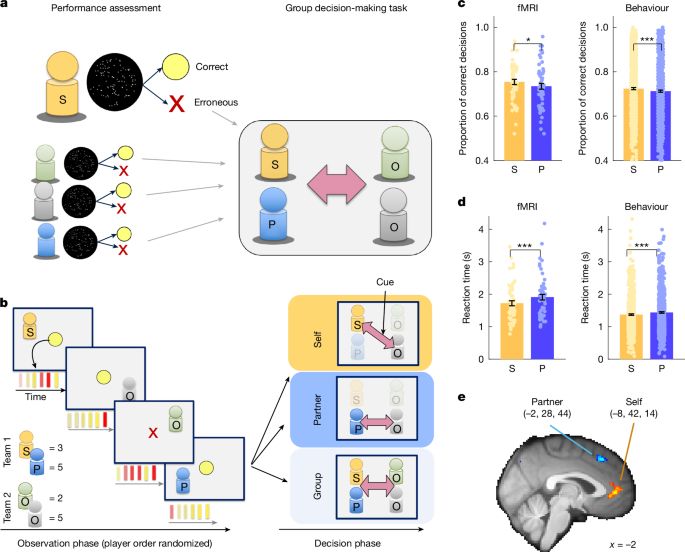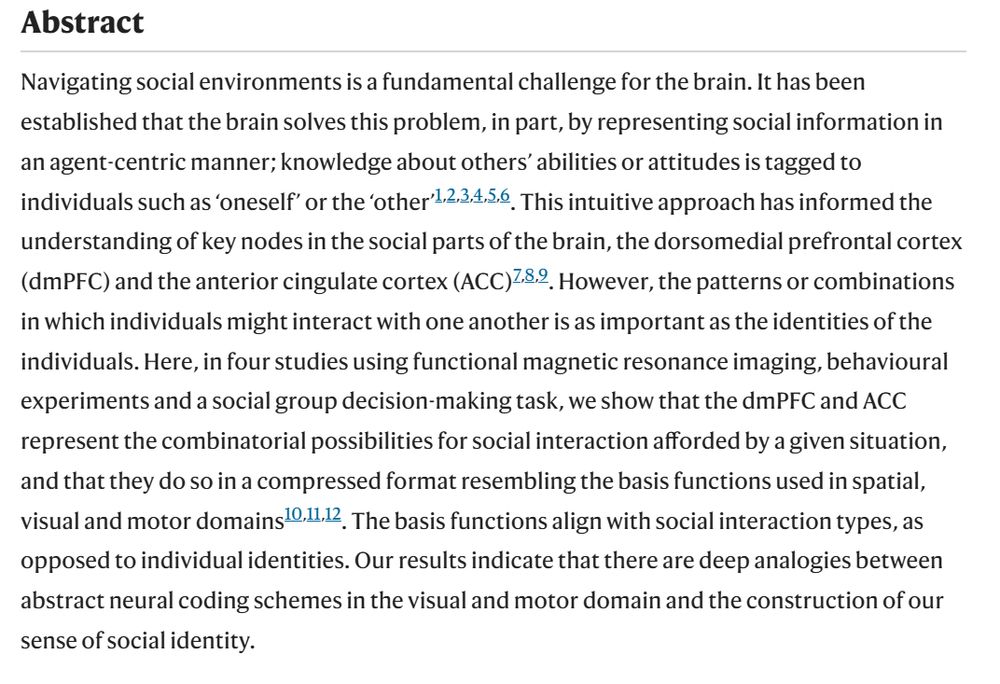Tatia Buidze
@tatiabu.bsky.social
140 followers
370 following
10 posts
🧠 | University College London (UCL), Research Fellow in Cognitive Neuroscience
Computational modelling of brain dynamics in attention, value learning, and social cognition
Street and analog photography 📷 |Urban exploring 🏢 | Movies 🎥
They/them 🌈
Posts
Media
Videos
Starter Packs
Reposted by Tatia Buidze
Reposted by Tatia Buidze
Micah G. Allen
@micahgallen.com
· Jun 20
Reposted by Tatia Buidze
Reposted by Tatia Buidze
Sofie Valk
@sofievalk.bsky.social
· Jun 6

Functional recruitment and connectivity of the cerebellum is associated with the emergence of Theory of Mind in early childhood
Nature Communications - The cerebellum is heavily implicated in adult social cognition, but its role in Theory of Mind development remains unclear. Here, the authors show that children’s...
rdcu.be
Reposted by Tatia Buidze
Marieke van Vugt
@mvugt.bsky.social
· May 29

Ten simple rules for queer data collection and analysis by STEM researchers
Queer people are still underrepresented both as STEM researchers and participants, partially due to a dearth of accurate data on this demographic. The lack of consideration for queer identities in dat...
dx.plos.org
Reposted by Tatia Buidze
Reposted by Tatia Buidze
Lei Zhang | 张磊
@lei-zhang.bsky.social
· Feb 17
Reposted by Tatia Buidze
Reposted by Tatia Buidze
Reposted by Tatia Buidze
Reposted by Tatia Buidze
Tatia Buidze
@tatiabu.bsky.social
· Feb 27
Tatia Buidze
@tatiabu.bsky.social
· Feb 27
Tatia Buidze
@tatiabu.bsky.social
· Feb 27
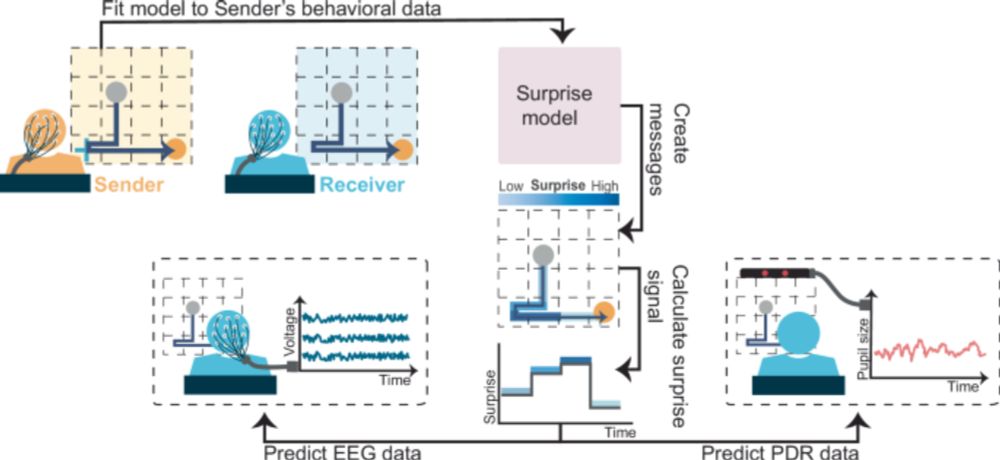
Expectation violations signal goals in novel human communication - Nature Communications
In the absence of language, there is a lack of common knowledge necessary for efficient communication. Here, the authors show that people solve this problem by reverting to commonly accepted physical ...
www.nature.com
